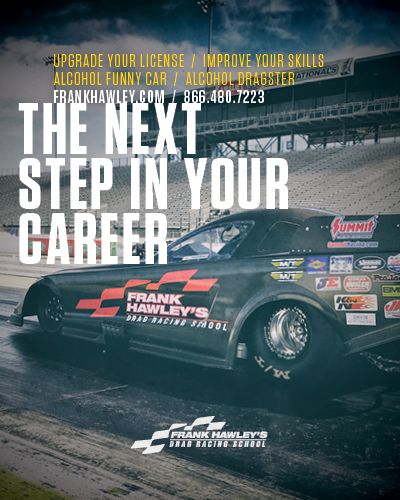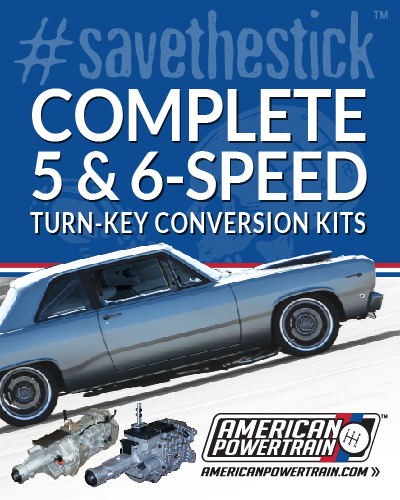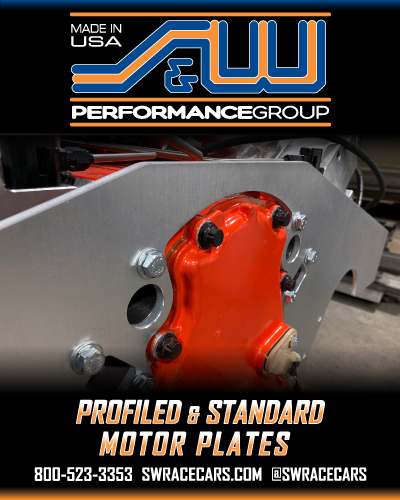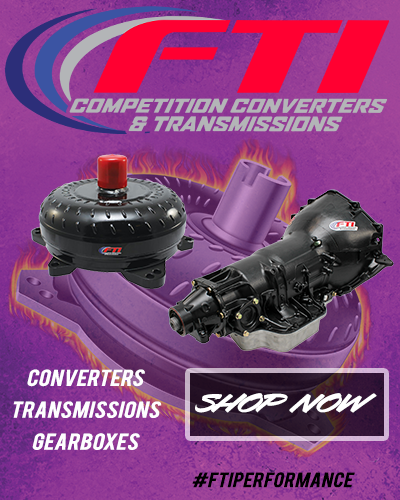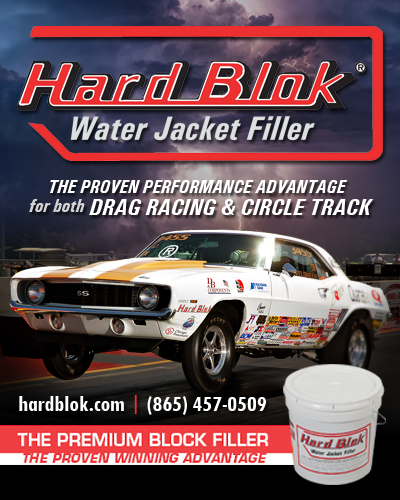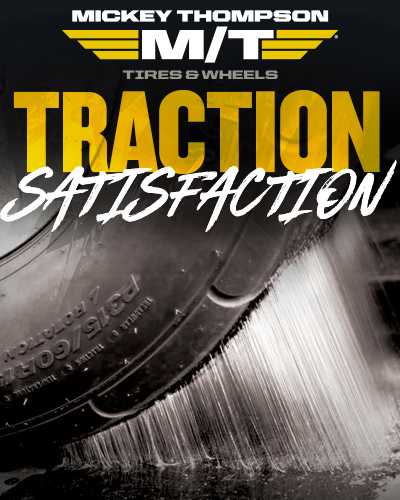EMMONS BELIEVES NHRA CHEATED HIM OUT OF A ROUND WIN
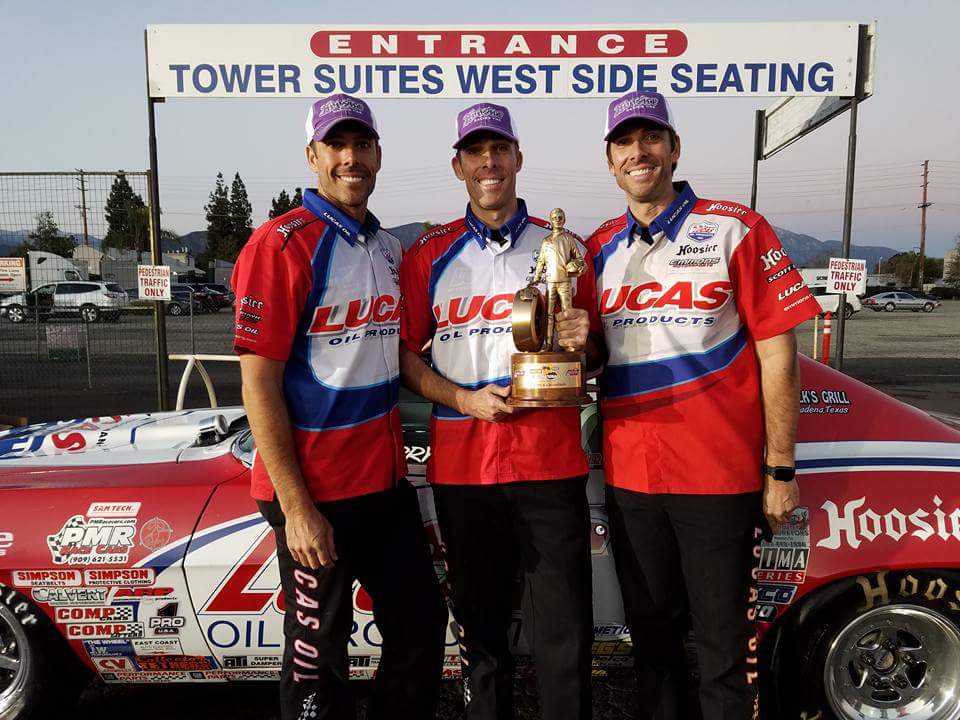
Jerry Emmons believed he deserved better.
Emmons, a member of the Emmons drag racing family, iconic NHRA Division 4 drag competitors, was disqualified for excessive braking during the fourth round of the NHRA Arizona Nationals outside of Phoenix, Az.
Emmons, a fifteen-time NHRA Lucas Oil Drag Racing Series winner, said he was racing no different than he or any of the big name sportsman racers do. He was racing instinctively; a process he says which has enabled him to be competitive in the parity-driven sportsman world.
"When I drive a race car, I drive very instinctively," Emmons explained. "I have a couple of game plans in my head of how a race can go down. Depending on I hit the tree or how a race is going down track determines which method I am going to use. It can vary from time to time, for instance when I am in the waterbox I have a plan in mind.
"When I leave the starting line, I feel like I can read the tree well enough to know what I have to do to win. I also figure into the equation where my opponent is. As soon as I leave the starting line, I know which game plan I am going to use."
Emmons was paired against another driver he deems as one of the best in the business, Kyle Rizzoli.
"He hits the tree and can run the number," Emmons explained. "On that particular run, I realized he wasn't giving me much room. I knew I was going to go under my dial-in. I knew I needed to go down there and stop or I was going to lose [the advantage] I was holding."
In bracket racing terms, "stopping" is the practice of applying the brakes just shy of the finish line and not an actually process of slamming on the brakes to stop at 130-plus miles per hour. The goal is never to have smoke come off of the tires but earlier in the event, in a race where he beat Dan Fletcher, Emmons was warned about braking when his car had smoke come from his tires during the race.
"I did stop a little hard and had some tire smoke," Emmons said. "[NHRA] said the car got a little loose and got out of shape. It didn't feel that way inside of the car."
Then the next day, on a run where he beat Rizzoli, a victory aided by a .001 reaction and a .008 margin of victory in a double breakout, Emmons was sent to the proverbial showers by NHRA officials.
"I'm going down the track and made my decision to do what I do, and stop," Emmons explained. "I was happy to get the win because now I was going to four cars. Even happier because I had beaten a tough guy to get there. The possibility of getting disqualified wasn't even in my head.
"I didn't feel the front tires lock up or slide. I coasted around the turn-off, and Kyle and I looked at each other, give the thumbs up. I fired the engine and went up to collect my time slip. I turned off, and went to the scales and [NHRA official] Bob Lang came over to me and waved his arms telling me, "You're Out."

Emmons admits he was taken aback by the situation, parked his car and walked over for clarification from Lang.
"I was stunned," Emmons admitted. "I was at a loss for words. In my mind, I am trying to replay what happened going down the track. I didn't feel like I slid the car or anything of that nature. When he was yelling at me, I was saying to myself, 'What are you talking about?"
Emmons said Lang conveyed that NHRA Starter Mike Gittings had passed on the word Emmons was disqualified for excessive braking.
Emmons then said he pleaded his case to Lang, who was conveying orders from the control tower.
Emmons said he could have pressed the issue a lot harder but didn't out of his love for the NHRA, and out of respect to his sponsors which include Lucas Oil and Hoosier Tire.
"I am trying to process, this and it cannot be right," Emmons said. "This is not fair, and I am thinking, 'how can this be right to me?"
Emmons said he is all for the rules as long as they are enforced as they are written.
This time, Emmons contends, they were left up to interpretation, and this just isn't how the rulebook is written.
The rule as written in the NHRA Rulebook states Anytime that it has been judged that excessive braking has resulted in loss of control that results in contact with the guardwall and/or light fixtures or crossing the center boundary lines, INCLUDING PAST THE FINISH LINE, the contestant will be disqualified.
"The way this is written in the rulebook is perfect," Emmons pleads. "When you tear down an engine, it is clearly black and white. If do not follow those guidelines, you are out. No gray area. It's not a judgment call.
"The rule in the rulebook states if you hit the wall, cross the centerline or boundaries or hit a cone, for excessive braking you are disqualified. My warnings are not even validated. They couldn't have even given me a warning by the terminology of their rulebook. I'm not being disrespectful, but if you are going to enforce the rulebook like you do when you tear down an engine, you cannot leave this rule to be a judgment call."
"It's absolutely ludicrous, that I got thrown out for excessive braking. What I did is not even close to what is listed in the rulebook. If we are going to go by the rulebook, then it's not a crime to smoke the tires."
In reality, the rule is quickly contradicted by another rule which states Race Director has the final decision. In this case, NHRA Division 7 Director and acting Race Director Mike Rice upon the advice of his staff decided Emmons had once again crossed a line they'd established earlier in the event.
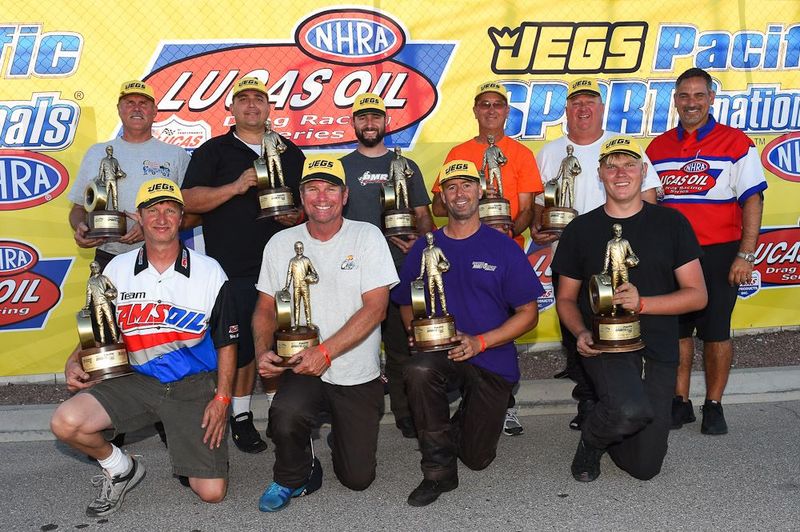
"We had given a prior warning," Rice said. "The one angle of the incident, you really don't see any smoke or the car turn sideways. The starter conveyed what he saw, and all of the starting line personnel confirmed it. I didn't actually see the run but the starter called up to the tower to say, 'Emmons did it again. We need to do something about it."
Rice said Emmons had been warned the day before his disqualification, and the infraction in the round four race was so egregious he couldn't let it pass.
"He had done it twice on the previous day, smoked the tires through the lights and on one run, it made a pretty good move one way, it didn't cross the centerline or hit anything," Rice explained. "It's kind of strange how the rule is written. A black and white rule is hard to write for [this infraction].
"We do have a black and white rule which says if you cross the centerline or hit anything like the wall, and excessive braking was the cause of it - then you're out."
Rice said over the years he and other Division Directors have witnessed excessive braking and subsequently issued warnings.
"I've tossed guys [for excessive braking] even though they didn't hit anything," Rice said. "My opinion is it shouldn't get to a point where you hit something or cross the centerline to be thrown out. It's a safety deal. That's how I've personally enforced it."
Rice said he's witnessed racers dump their opponent at the finish line but leave no evidence by way of skid marks yet lose control of their cars.
While Rice admits he didn't see the run in question but added following offending Emmons run; there were marks to clearly back up his decision.
"I could clearly see them once [the starter] said that on the radio," Rice explained. "I looked through the binoculars and could see them. I could see the marks while watching the video of the next pair of cars. You could clearly see the tire marks."
Emmons said he didn't look at the track to see if there were any marks following the run where he was disqualified.
"I never intend to smoke the tires," Emmons said. "I have several sponsors that I am proud to represent. I never want to drive like a crazy person and disrespect them. And I wasn't. I don't want to disrespect the person I am running against and crash into their car either. I drive instinctively, and I think good drivers do the same. I'm not thinking about, 'Hey, I got a warning, I am going to go down there and be careful."
"This isn't kindergarten. I'm not going to let them dictate the way I drive. I was driving the way I am supposed to drive. I'm driving to win, and that's what I am here to do."
 Emmons believes the worst thing NHRA can do is open this rule up for interpretation. He believes if this were the case there'd be more disqualifications per event than ever.
Emmons believes the worst thing NHRA can do is open this rule up for interpretation. He believes if this were the case there'd be more disqualifications per event than ever.
"I don't want to single anyone out here, but the guys who race my division are some of the best in the world," Emmons admitted. "I guarantee you every single one of those guys would be tossed in round one. That is if we follow the same reasoning which got me tossed."
Emmons said the human element can make for a can of worms to be opened.
"If you allow someone to make a judgment call, it leaves it wide open with someone for a vendetta or a grudge," Emmons said. "This is not the NFL where we have cameras to play back the infraction. We don't have that. It has to be black and white."
Emmons wouldn't go as far as to say there was a vendetta in play here but admitted there was history between himself and Gittings.
"Wouldn't it be something catastrophic if this decision at the end of the year could cost me a championship."
"I certainly don't have anything against the starter," Emmons said. "But he knows what he did here isn't right."
Case in point Emmons points out to a situation in 2016 at an NHRA Division event in Las Vegas where a driver was allegedly braking at the finish line and lost control of his car. He was not disqualified.
By definition of the rule, Emmons said, the driver should have been disqualified.
Emmons believed smoke from his tires didn't warrant a warning in the first place.
Bottom line, Emmons believes and will always belive he got cheated out of a win by those charged with making racing fair.

"How many Stock or Super Stock racers do you see crash?" Emmons asked. "If you hit the brakes hard, let it get squirrelly and dumb enough to hit the wall then you deserve to have a car wadded up. If it happened to me, I deserve it. I'm an instinctive driver, who drives to win. And I am going to do what it takes to win.
"My family has invested a lot into this sport, and we don't have to race. I have a business I can stay at home and run. We do this because we love it. We want to help promote the sport. I don't want to park my stuff because I disagree with a ruling. It's a bad call, so let's fix it so it doesn't happen again to someone else."
"I have been around the drag strips since I was 4. I have always tried to be an ambassador for the sport, just like every member of my family. To be wronged of a round win is devastating. I am so animated because I am passionate about this sport. What is wrong is wrong, and Mike Gittings knows he is wrong. NHRA has to understand they cannot just simply pick and choose the rules they will enforce."
And in Emmons' case, create a gray area when there isn't one.









